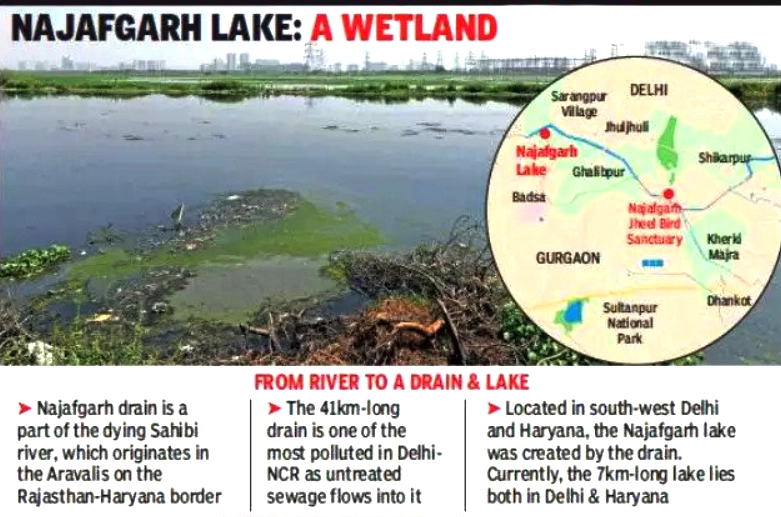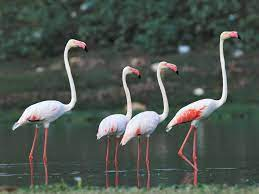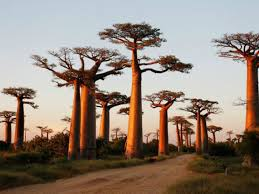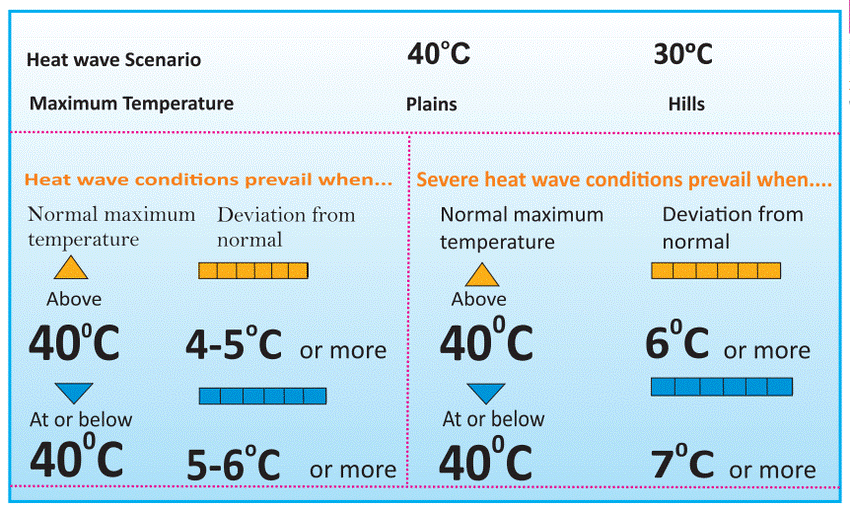Rapid Fire
Rapid Fire Current Affairs
- 20 May 2023
- 7 min read
Greater Flamingo
Recently, a greater flamingo was rescued from Najafgarh wetland, bordering Haryana.
Greater flamingo (Phoenicopterus roseus) is the state bird of Gujarat. They are found in the middle east, including Iran, Turkey, Dubai, Oman, and Afghanistan. They are also common in south and southwest Asia. They are mainly found in shallow waters of lagoons, lakes, estuaries, and muddy beaches. Of the six species of flamingos in the world, two are found in India: the tallest of them, the greater flamingo and the smallest one, the lesser flamingo (Phoeniconaias minor). They are taller, with black-tipped light pinkish beaks, yellowish eyes and pinkish-white body colour.
In the IUCN Red List of Threatened Species, they are categorized as "least concern (LC)".
Read More: Najafgarh wetland, Greater Flamingo
Production-Linked Incentive Scheme
The Indian government is offering a modified production-linked incentive (PLI) scheme for electric vehicles (EVs) and advanced chemistry cell batteries to attract investments from companies, including Tesla. This modification is not exclusive to Tesla but follows a similar approach taken with telecom products and IT Hardware PLI schemes. The finalization of the modified PLI scheme will determine the specifics of the incentives and structure for participating companies.
The PLI scheme is a crucial component of the 'AatmaNirbhar Bharat Abhiyan' (Self-Reliant India) initiative. It aims to boost domestic manufacturing and create global champions in strategic sectors. Under the scheme, companies receive incentives based on incremental sales from products manufactured in India compared to a base year. The PLI scheme also encourages foreign companies to establish manufacturing units in India. The Union Budget 2021-22 allocated INR 1.97 lakh crores for the PLI schemes, covering 14 sectors such as mobile manufacturing, medical devices, automobiles, pharmaceuticals, specialty steel, telecom products, electronic products, white goods, food products, textile products, solar PV modules, advanced chemistry cell batteries, and drones. These sectors were selected based on their potential for generating revenue and employment. The PLI scheme plays a vital role in transforming India into a global manufacturing hub and promoting self-reliance.
Read more: Enhanced Production Linked Incentive for IT Hardware
Link Between Climate & Covid-19
The World Meteorological Organisation (WMO) expert group concluded that cooler and drier climates may have facilitated Covid-19 transmission, but evidence does not support a significant role for weather conditions in the virus's spread.
The final report states that "high-quality" research studies show a negative association between temperature and Covid-19 transmission, suggesting that lower temperatures may promote the virus's spread. Similarly, humidity is also correlated with Covid-19 transmission, indicating that drier conditions likely facilitate transmission.
The WMO is an intergovernmental organization with a membership of 192 Member States and Territories. It originated from the International Meteorological Organization (IMO), which was established after the 1873 Vienna International Meteorological Congress. WMO is headquartered in Geneva, Switzerland. India is a member of WMO since 1949.
Read More: World Meterological Organisation (WMO), Covid-19 and India
Baobab Tree
The High Court of Madhya Pradesh has directed the state government to stop cutting down Baobab trees in the Dhar district of MP. This decision came after tribal communities protested against the removal of these trees.
The court has ordered the state to ensure that "not a single Baobab tree is cut for any purpose whatsoever by any authority until further orders of this court". The district has around 1,000 Baobabs, some of which are centuries old, and are of heritage and historical value. The trees have been placed under the Biological Diversity Act, 2002, meaning permission for commercial use must be taken from the state biodiversity board.
Baobabs are deciduous trees ranging in height from 5 to 20 meters. They are native to Africa but were likely brought to this corner by African soldiers between the 10th and 17th century. It is known as the ‘World Tree in Africa’. Baobab trees can live for more than a thousand years and provide food, livestock fodder, medicinal compounds, and raw materials.
Read More: Baobab Tree
Heatwaves
A study by the World Weather Attribution (WWA) found that the intense and humid heatwave that happened in April, impacting areas like east and north India, Bangladesh, Laos, and Thailand, was made much more likely by climate change. The chances of such a heatwave occurring increased by at least 30 times.
Humid heatwaves are analysed using the heat index which is a combination of heightened temperatures and relative humidity levels. It provides a better understanding of the impact of a heatwave on the human body.
As per the Indian Meteorological Department (IMD) criteria, heatwave need not be considered till the maximum temperature of a station reaches at least 40°C for Plains and at-least 30°C for Hilly regions. If the normal maximum temperature of a station is less than or equal to 40°C, then an increase of 5°C to 6°C from the normal temperature is considered to be heat wave condition. Further, an increase of 7°C or more from the normal temperature is considered a severe heat wave condition.
WWA is a global association of climate scientists who study the role played by human-induced climate change in the occurrence, frequency and intensity of extreme weather events such as heatwaves, droughts, cold spells, extreme rainfall, floods and storms.
Read More: Climate Change, Heatwaves








